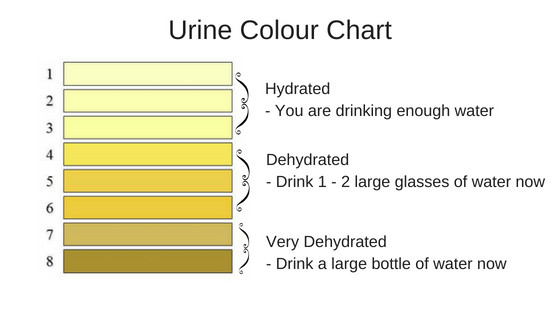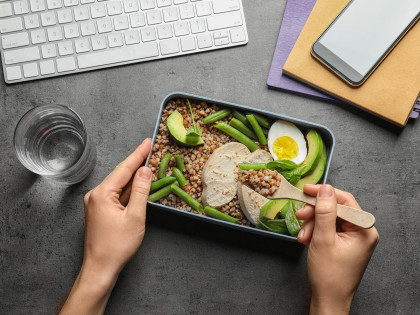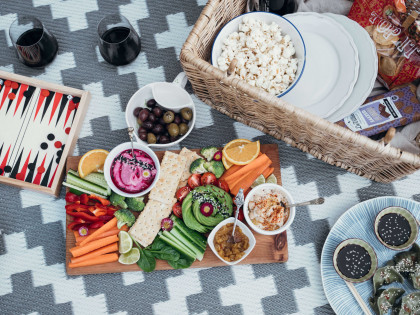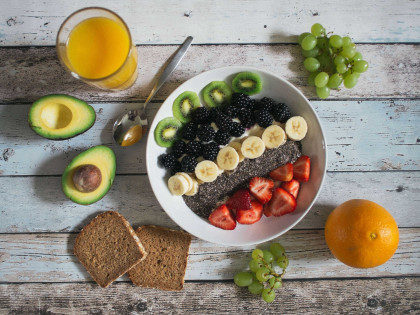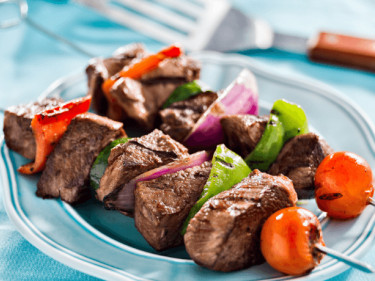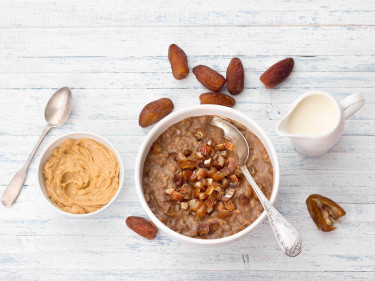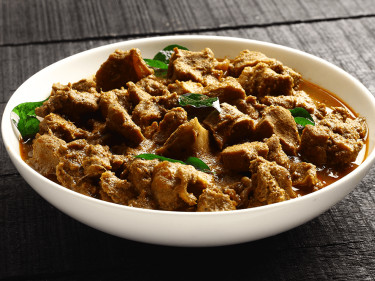You’ve probably heard that people need about 8 glasses of water each day to stay hydrated. True? Well, kind of...
What do the experts say?
The Australian Guide to Healthy Eating suggests to ‘drink plenty of water’, and our Nutrient Reference Values advise 2.1L for women, and 2.6L for men. However, this figure can be ambiguous, and isn’t applicable to the entire population. A more accurate recommendation can be taken as 30-35mL/kg body weight. Its important to note that other fluids such as tea, coffee, and juice all count as fluid, and a plenty of food also contains water - like fruits and vegetables.
What effects how much water I need?
Lots of different things effect how much water you actually need each day. Your weight can be used as a baseline estimate, but other factors include:
- Pregnancy and lactation
- Exercise and physical activity
- Hot and/or humid climates
- High protein diets
How can I actually tell if I’m drinking enough?
If you’re feeling particularly thirsty, chances are you are on the way to dehydration, so paying attention to your thirst cues is helpful. However, one of the best ways to see if you’re drinking enough water is from the colour of your urine. Normal pee should be a pale straw colour. If your pee is so colourless that it looks like water, you probably drank more than you needed. Very dark yellow pee usually means you are a bit dehydrated and need to drink more water.
